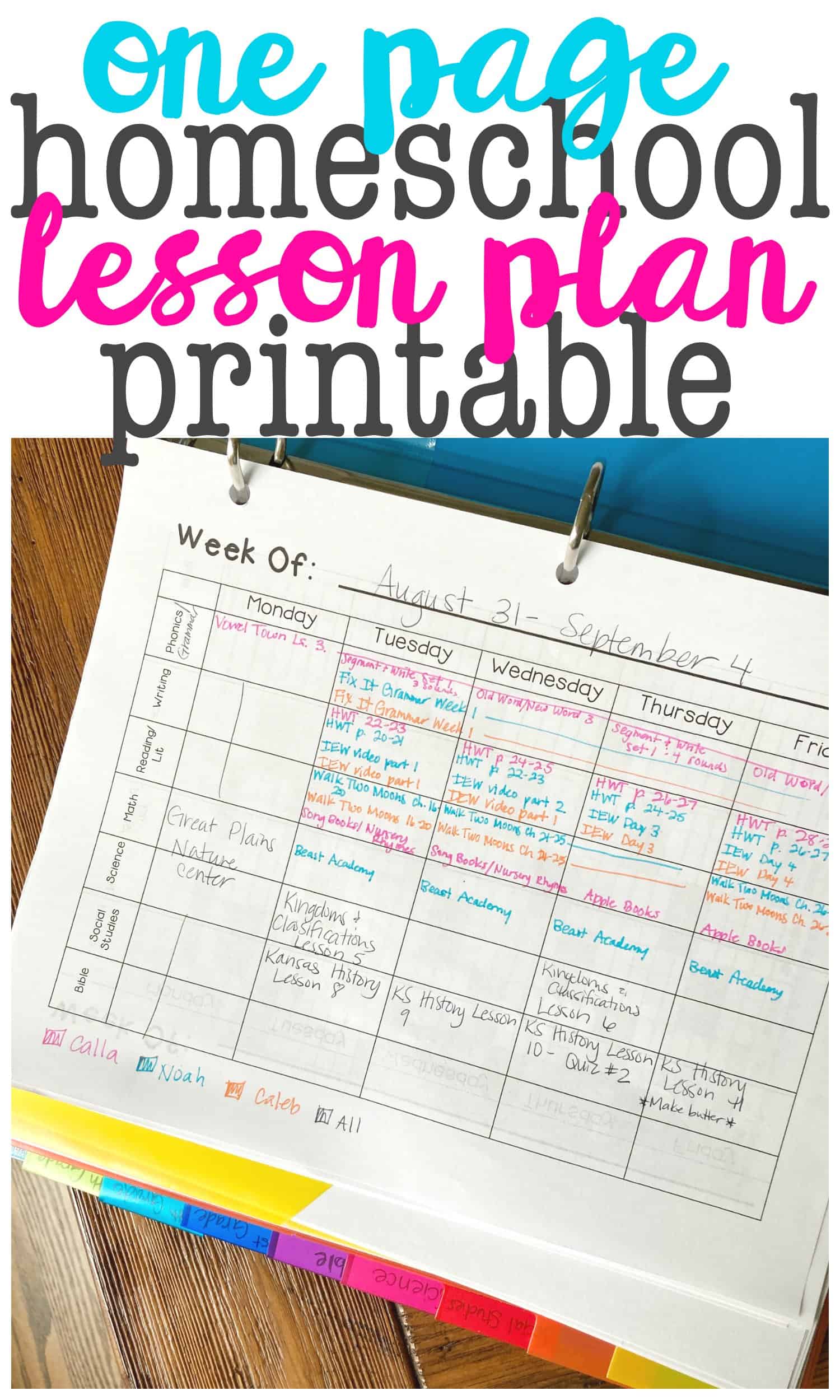Effective Teaching Expert Strategies for Educators
Welcome to Effective Teaching: Expert Strategies for Educators
Teaching is both an art and a science, requiring dedication, creativity, and the right strategies to truly make an impact. In this guide, we’ll explore expert strategies that educators can employ to create dynamic and engaging learning experiences for their students.
Setting Clear Learning Objectives
The foundation of effective teaching lies in setting clear learning objectives. Before stepping into the classroom, educators should have a solid understanding of what they want their students to achieve. Clear objectives guide the lesson planning process and keep the focus on the essential concepts.
Fostering a Positive Learning Environment
A positive learning environment is essential for student success. Educators should strive to create a classroom where students feel safe, respected, and valued. This includes fostering a culture of inclusivity, encouraging open communication, and promoting a growth mindset among students.
Utilizing Active Learning Strategies
Active learning engages students in the learning process, encouraging them to participate actively rather than passively receive information. Educators can incorporate activities such as group discussions, hands-on experiments, and problem-solving tasks to stimulate critical thinking and deepen understanding.
Differentiating Instruction for Diverse Learners
Every classroom is filled with a diverse group of learners, each with their unique strengths and challenges. Effective educators differentiate instruction to meet the varied needs of their students. This means offering different pathways to learning, such as small group activities, individualized assignments, and varied assessments.
Building Strong Relationships with Students
Strong teacher-student relationships are the cornerstone of effective teaching. When students feel connected to their educators, they are more engaged, motivated, and willing to take risks in their learning. Educators can build rapport by showing genuine interest in students’ lives, providing encouragement, and offering support when needed.
Using Technology as a Teaching Tool
In today’s digital age, technology offers a wealth of opportunities for enhancing the learning experience. Educators can use interactive whiteboards, educational apps, and online resources to create engaging lessons and facilitate student learning. However, it’s essential to use technology purposefully and thoughtfully, ensuring it enhances rather than detracts from learning.
Encouraging Collaboration and Peer Learning
Collaboration among students fosters a sense of community and encourages teamwork and communication skills. Educators can incorporate group projects, peer teaching, and cooperative learning activities to promote collaboration and create a supportive learning environment.
Providing Timely and Constructive Feedback
Feedback is a powerful tool for student growth and improvement. Educators should provide timely and constructive feedback on student work, highlighting strengths and areas for growth. This feedback should be specific, actionable, and aimed at guiding students towards their learning goals.
Promoting a Growth Mindset
A growth mindset encourages students to view challenges as opportunities for growth and learning. Educators can promote a growth mindset by praising effort and perseverance, rather than just focusing on outcomes. By fostering a belief in the power of effort and resilience, educators empower students to take ownership of their learning journey.
Continuing Professional Development
Finally, effective educators never stop learning themselves. Continuous professional development keeps educators







